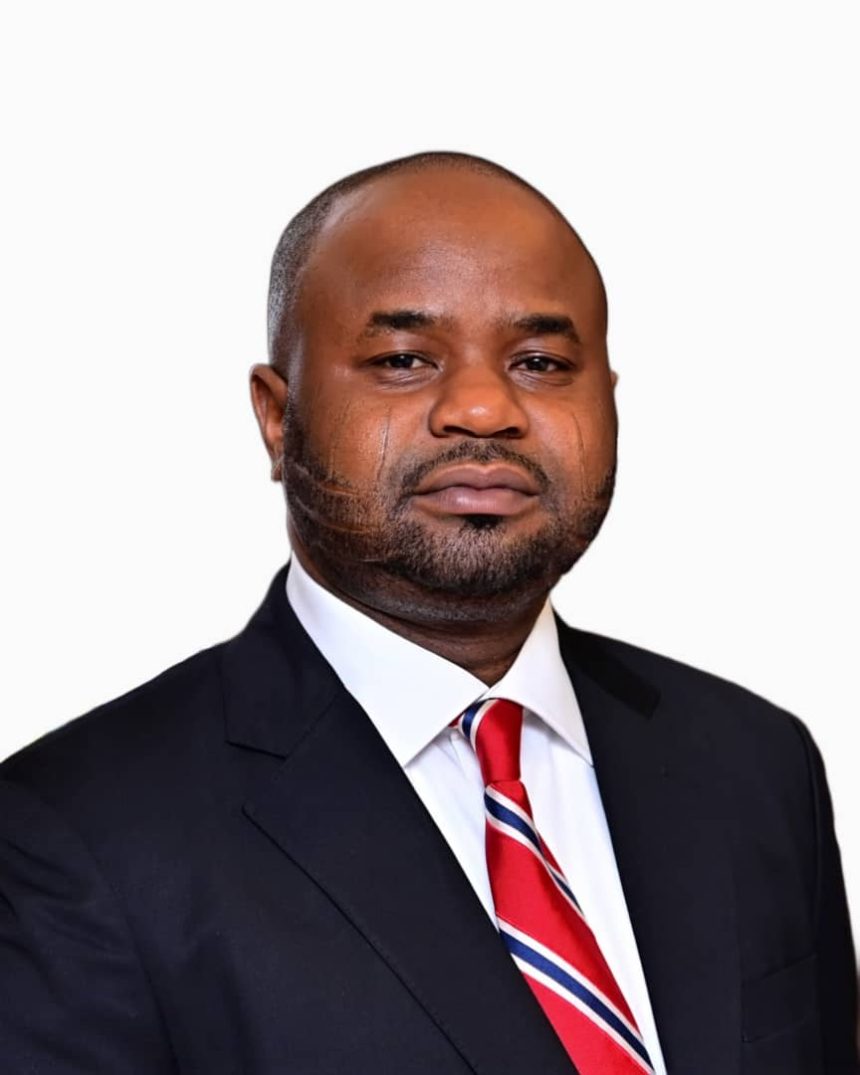CHIDI UGWU, ABUJA
Federal Inland Revenue Service (FIRS) on Monday commenced strategic stakeholders engagement targeted at simplifying the proposed tax reforms bill through proper education and enlightenment for every community across the country for better understanding.
Tayo Koleosho, the Chief of Staff to the Executive Chairman of FIRS, while declaring open a Roundtable Discussion on the Tax Reform Bill, highlighted the importance of tax system stating that the proposed reform is a landmark legislation poised to reshape Nigeria’s fiscal policies for sustained growth and equity.
According to Koleosho, the event, which had in attendance Senior Special Assistants to the President on Community Engagement from all six geopolitical zones of the federation, aims to foster a robust strategy for engaging communities and mobilizing support for the bill’s passage.
He further emphasized the need for comprehensive public engagement regarding tax laws in Nigeria, argueing that understanding taxation can bridge the gap between citizens and compliance, fostering trust and advocacy.
Koleosho highlighted the importance of transparency in how tax revenues are utilized, asserting that this empowers citizens to question government spending, stressing that community engagement has been ongoing, with consultations leading to thoughtful legislation.
He stressed the necessity for widespread awareness of the law’s benefits for national development, aiming to reach diverse communities across Nigeria as the reform process progresses.
“Today’event signals another area where we’re looking at all our communities across the country, from south to north to east and everywhere, for all of us to understand this law and see the positive, extreme positive side of it to developing our country” he said.
Also, Aderonke Bello, Technical Assistant to the Executive Chairman, gave insights to the event stressing that the roundtable will focus on three key areas including: Crafting Effective Messages; Developing messages that resonate with diverse communities and stakeholders; Creating a framework for engaging communities and enlightening citizens about the bill’s benefits; Stakeholder Empowerment and Equipping stakeholders with the tools needed to effectively communicate the objectives of the Tax Reform Bill.
In his remarks, Olufemi Olarede, the Head of Fiscal and Tax Reforms Implementation Division at the FRS, and Special Assistant to the Executive Chairman of Tax Reforms described the proposed tax reform bill as progressive, emphasizing principles of equity and fairness.
He argued that the bill aims to benefit all regions of Nigeria, addressing concerns about trust in government.
According to Olarede, the reform is designed to stimulate the economy by exempting low-income earners and focusing on taxing prosperity rather than poverty.
He reassured that, despite fears of reduced state revenue, the reforms will ultimately expand the tax base through improved compliance and digital administration, enhancing overall revenue for states.
Also speaking during the event, Maureen Miu-Judo, Senior Special Assistant to the President on Community Engagement Southwest, outlined a strategic plan to advocate for tax reform bills at the community level.
She said the initiative aims to bridge communication between federal agencies and grassroots communities, ensuring understanding and participation in the reform process, adding that the plan, set to execute over six months from January to July, focuses on creating a comprehensive communication strategy to involve citizens in this significant project.
Abdullahi Tanko Yakasai Senior Special Assistant to the President for Community Engagement in Northwest Nigeria, emphasized the importance of communicating the tax reform bill in local languages to enhance understanding.
Yakasai noted that the event will position the team of six Senior Special Assistants on Community Engagement representing the six geopolitical zones to act as a feedback mechanism, addressing public concerns through hotlines and online platforms.
He dismissed assumptions regarding tax entitlement linked to Sharia law, suggesting that tax professionals should clarify these issues.
He reassured citizens that their fears will be addressed, marking a significant step towards effective tax reform implementation.












